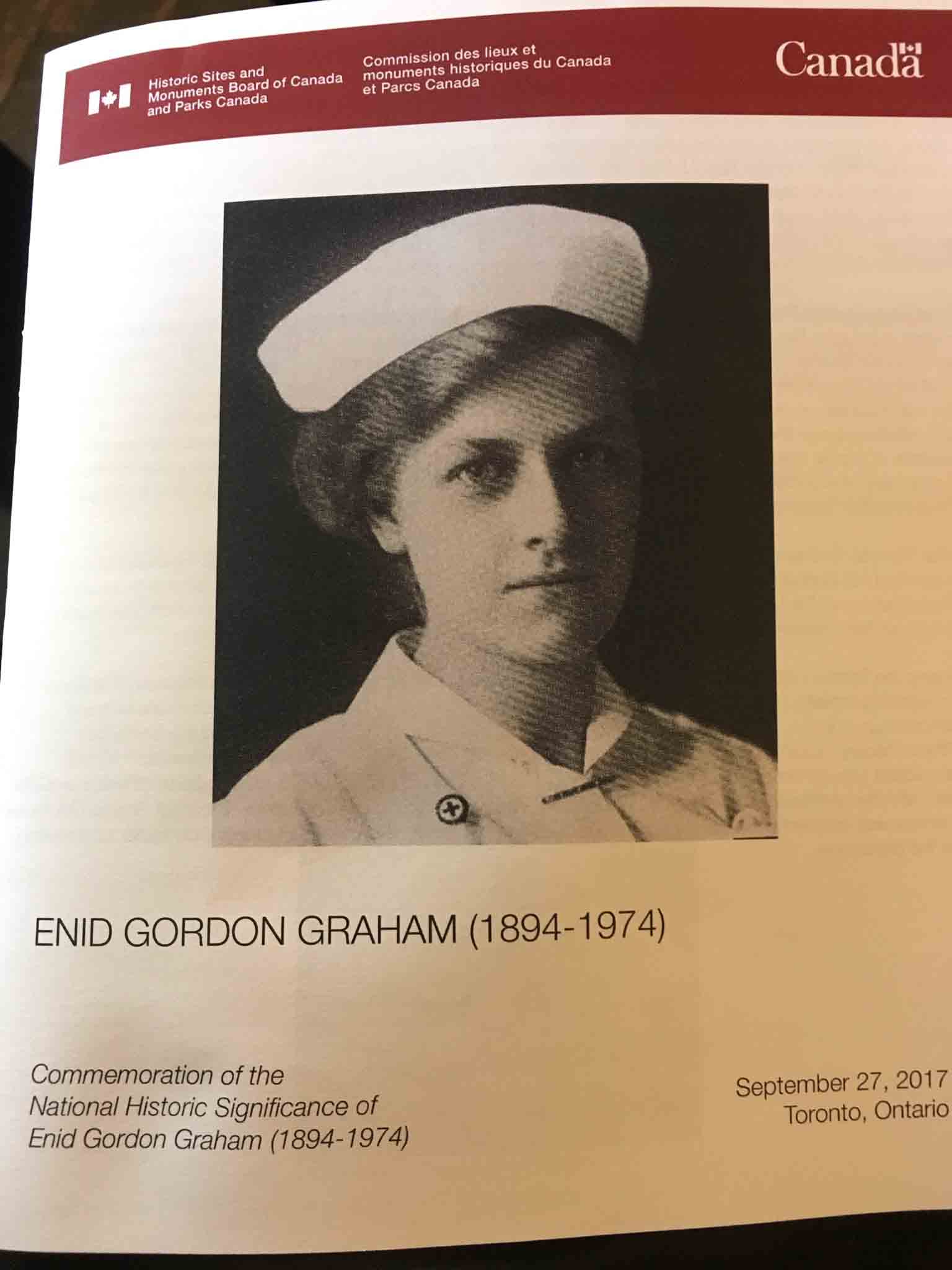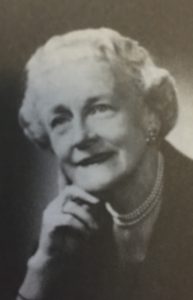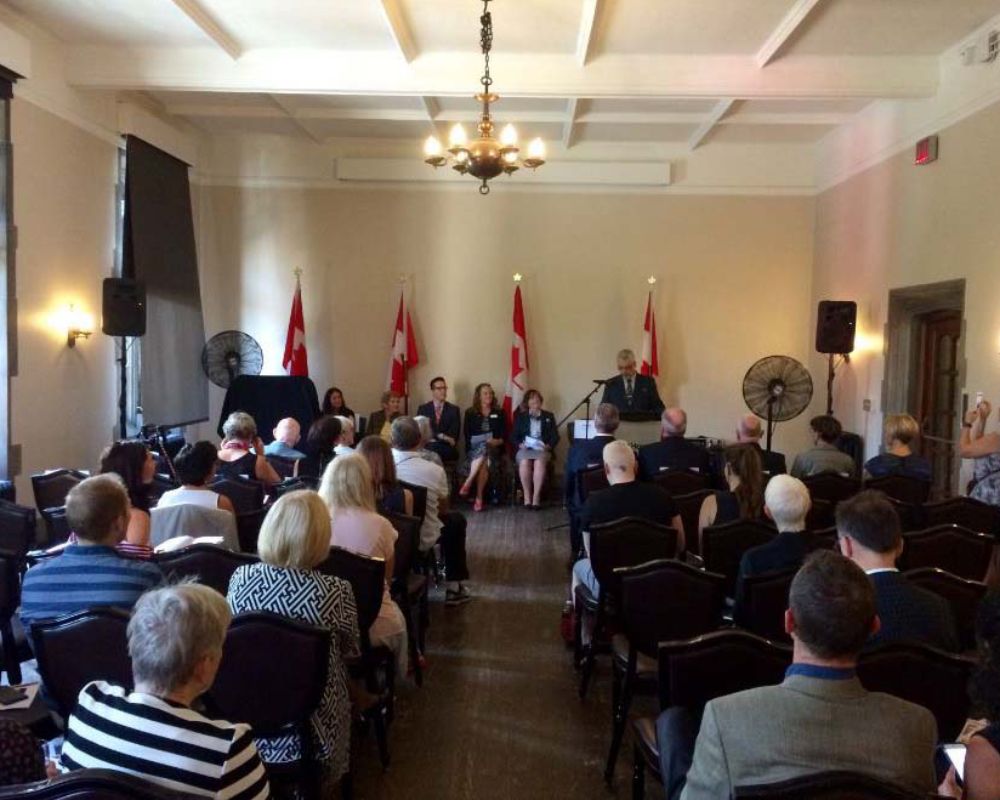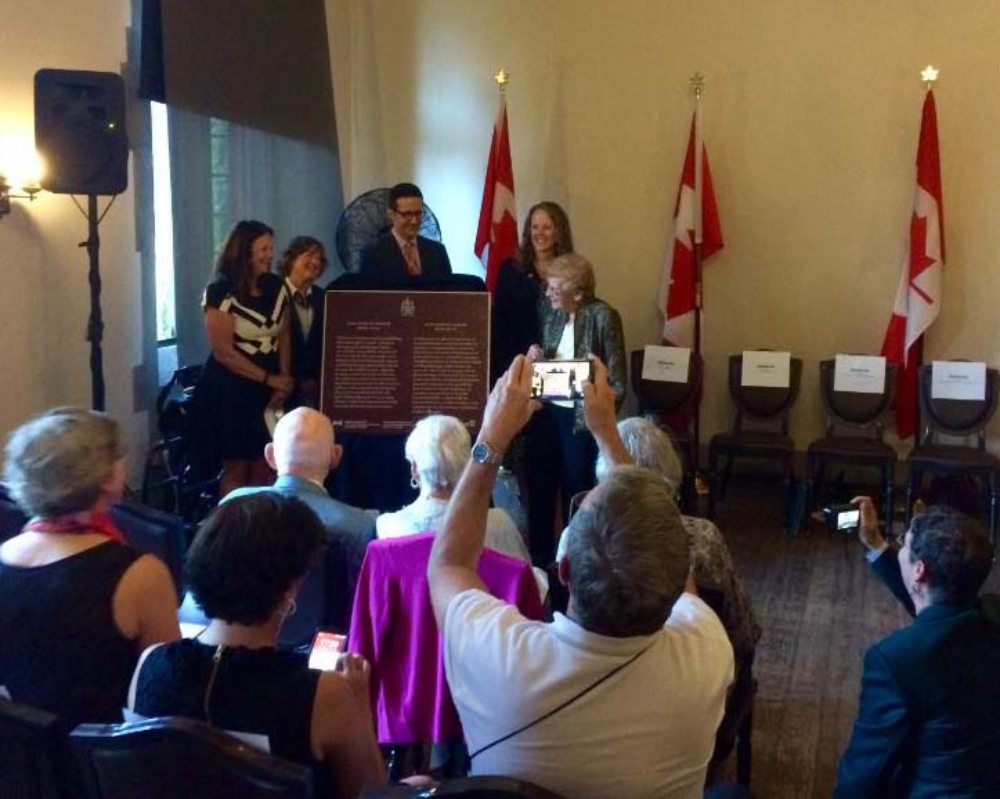Enid Gordon Graham National Historic Person (1894–1974)

© Parks Canada
Enid Gordon Graham was designated a national historic person in 2014.
Historical importance: Widely recognized as the founder of physiotherapy in Canada
Commemorative plaque: Not installedFootnote 1
Enid Gordon Graham (1894–1974)
Graham was instrumental in establishing physiotherapy in Canada. Trained in massage and remedial gymnastics, she rehabilitated soldiers wounded in the First World War and taught at the Military School of Orthopaedic Surgery and Physiotherapy, here at Hart House. In 1929, she helped create a diploma program at the University of Toronto. Her advocacy ensured that accredited physiotherapists served as officers in the military and at convalescent hospitals during the Second World War. The Enid Graham Memorial Lecture pays tribute to this founding member of the Canadian Physiotherapy Association.
Enid Gordon Graham
Enid Gordon Graham was instrumental in establishing physiotherapy in Canada. In 1920, she played a founding role in the formation of the Canadian Association of Massage and Remedial Gymnastics. Later renamed the Canadian Physiotherapy Association, Graham used the association to establish high national standards of physiotherapy education and practice. She then helped to create a diploma program at the University of Toronto in 1929. Graham’s advocacy in the Second World War ensured that accredited physiotherapists served as officers in the military and at convalescent homes. Her work led to the rehabilitation of thousands of injured Canadian soldiers and solidified the recognition of physiotherapy as a profession.

© Used with permission from the Univeristy of Toronto
Born Enid Gordon Finley in 1894 to a prosperous family in Montréal, Graham studied in Europe and the United States in the new field of physical therapy. This branch of health care, devoted to stimulating muscles, nerves, and circulation after disease or injury, first emerged in the late 19th century and quickly expanded during the First World War to play an important role in the rehabilitation of wounded and shell-shocked soldiers. During the war, Graham worked with wounded soldiers overseas with the Voluntary Aid Detachments (VAD) and provided massage therapy with VADs at a military hospital in Montréal. In 1917, she introduced two new courses at McGill University – Massage and Medical Gymnastics – both at the School of Physical Education. A year later, she became the supervisor of medical massage at the Military School of Orthopaedic Surgery and Physiotherapy, established in 1917 at Hart House in downtown Toronto.
After the war, Graham advocated for a role for physiotherapy in civilian medicine. In 1929, Graham, with the support of her husband, Dr. Archibald Lamont Duncan Graham, established a two-year diploma program in physiotherapy at the University of Toronto. Particularly through the lean years of the Depression, the course would not have survived without her financial assistance and volunteer work.

© Parks Canada

© Parks Canada
During the Second World War, the need for physiotherapists grew as thousands of men required skilled help in regaining mobility following fractures, injuries, surgery, and long periods of immobilization following the amputation of limbs. Building on her practical and teaching experience, Graham chaired the Canadian Physiotherapy Association’s Military Affairs Committee during the war, facilitating the participation of 146 accredited physiotherapists in the Royal Canadian Army Medical Corps. Thanks to her efforts, physiotherapists were afforded professional status and held officer rank equivalent to Nursing Sisters. The Enid Graham Memorial Lecture was established in 1979 by the Canadian Physiotherapy Association in recognition to her contribution to the profession.
Backgrounder last update: 2017-09-25
The National Program of Historical Commemoration relies on the participation of Canadians in the identification of places, events and persons of national historic significance. Any member of the public can nominate a topic for consideration by the Historic Sites and Monuments Board of Canada.
- Date modified :